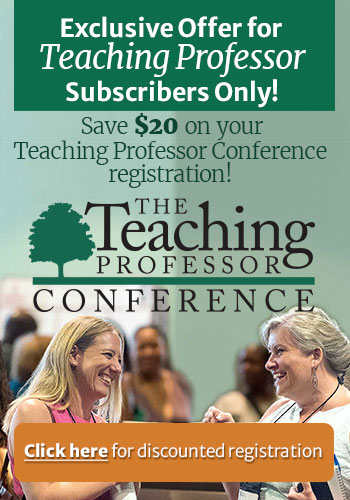
Peer Feedback: Creating a Culture of Connection
Feedback on performance is one of the most important factors to learning (Cavalcanti et al., 2021). But feedback need not come only from instructors. Students can learn from getting feedback from other students. It not only improves their work but also teaches them to













